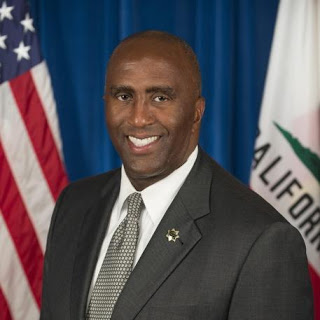
CNPA Strongly opposes proposed bill
Proposed by Assistant Majority Leader Jim Cooper of District 9, California State Assembly Bill 165 (AB 165) would exempt local educational agencies from the two-year-old California Electronic Communications Privacy Act (CalECPA).
California has been a model for the rest of the nation in enacting privacy protections for the modern digital age, including the CalECPA signed in 2015 by Gov. Jerry Brown. CalECPA makes sure that the government gets a warrant before searching our cell phones or demanding personal information like emails, cloud documents, location information and more held by companies. But, a new bill in the state Legislature, AB 165, seeks to erase all CalECPA privacy protections for more than 6 million California students and their families.
AB 165 writes schools out of the CalECPA privacy law. It removes all CalECPA oversight and safeguards for school searches of digital devices and online accounts and makes it easier for law enforcement and federal agencies such as Immigration and Customs Enforcement to gain access to private communications about immigration, religion, health, and political and social protest. Students and parents may never be notified about these invasive searches and intelligence gathering on our kids and families.
As the Trump administration threatens millions of Californian families, the implications of AB 165 have become particularly pronounced.
AB 165 is scheduled for hearing in the Assembly Privacy & Consumer Protection Committee on Tuesday, April 18.
Cooper’s legislative aide Tempestt Edward framed AB 165 as a return to the time before the CalECPA in which teachers and administers could more easily discipline students without involving law enforcement. “Before CalECPA, if there was some issue going on at school, say, cyberbullying, if a teacher had reasonable suspicion, they were able to take the phone to see what was going on,” she said. “Since CalECPA was passed into law two years ago, it [became] unclear if schools are able to obtain a student’s phone for discipline purposes.”


